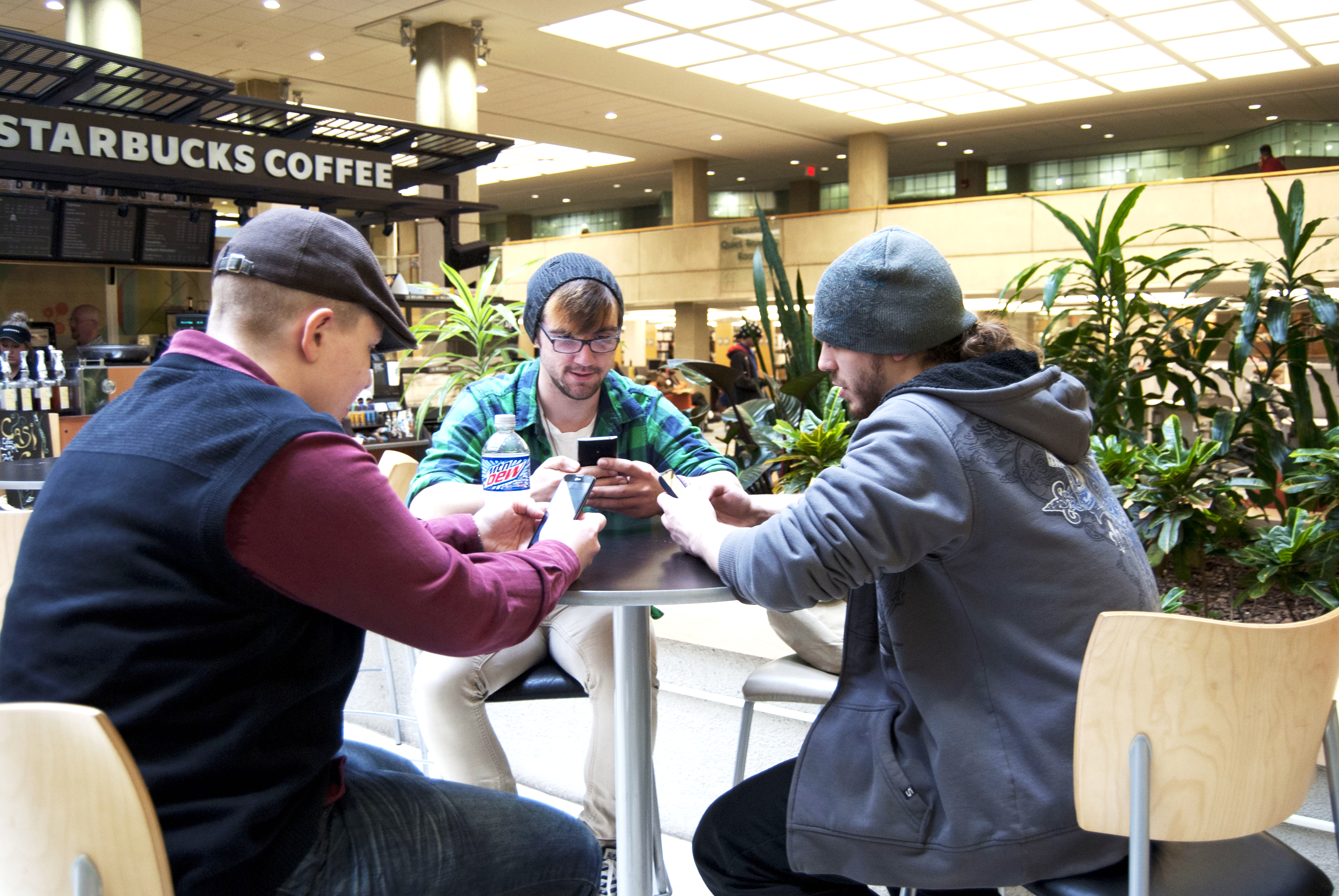
Addiction is becoming more and more complicated. At first, it was just things like drugs, alcohol and porn, but now it’s even broader than that.
According to the article, “This is Your Brain Online,” by Chandra Johnson, the internet is addicting. Johnson uses the research of different scientists and doctors, and even victims to prove that a “digital addiction” can be just as detrimental to a human’s well-being as any other addiction.
“Today, digital addiction–whether the fixation is social media, texting, video games or pornography–is a murky term,” Johnson said.
One of the doctors Johnson spoke with on the matter was Dr. Andrew Doan. Doan works for the U.S. Naval Substance Abuse and Recovery Program in San Diego.
Doan said that out of every other drug that one could choose, the Internet is the easiest to gain access to. It can be had for a small cost or one can just go to a place with free wi-fi. She said that very few other drugs are like this, and that the internet can be just as addicting as painkillers.
Former student Chris McGee, who was a network security major, said that he believes that the internet is addicting as well.
“Yes, I can see it being an addiction. I don’t know what it would be like if I didn’t have access to information or entertainment or even another way to communicate with friends and family that don’t live close to me,” McGee said.
Psychologist Daria Kuss at the U.K.’s Nottingham Trent University did a study in 2014. According to the results, the digital addiction rate was about 26% in parts of Asia. She explained the reason why that is.
“When the brain experiences something pleasant–for example, winning a video game–the good feelings come from a rush of dopamine,” Kuss said.
Dopamine is the chemical in our brains that make us feel good, happy and content.
“When someone becomes addicted to the activity, neural receptors in the brain become flooded with dopamine and essentially turn off, leading the addict to seek out those feelings aggressively,” said Kuss.
The receptors can’t just turn off and back on like a light. It takes time for them to turn back on.
“When the activity is cut off, it takes time for the receptors to wake up, resulting in depression, mood swings or sleep deprivation,” Kuss said.
What Doan says science needs to figure out is just what kinds of media should be classified as “dangerous” based on what he calls “digital potency.”
People get addicted to different things, but people aren’t going to be addicted to things like PowerPoint or Prezi.
“Our Challenge is to figure out how potent something like Facebook is compared to something like gaming,” said Doan.
There are so many misconceptions about just how addicting the Internet is. There are people, such as Matt McKenna, that get so addicted to the internet that they flunk out of college and lose people to it.
“All I wanted was that buzz. In real life, you have to work hard for that feeling of accomplishment, and it’s usually well-earned. But in gaming, you don’t have to work hard for it,” McKenna said.
McKenna isn’t the only one who has gone through this, but McKenna also realized that he had to do something about his problem. The problem was, that every Gamers Anonymous group was online, and there was nothing face to face.
“If it’s bad, you don’t even want to go on the Internet, but so many support groups are online,” McKenna said.
McKenna tried other things but felt that no one understood him.
“[Internet addiction] has serious repercussions we shouldn’t overlook,”
Kuss said.
Zoe Hurley
Reporter

